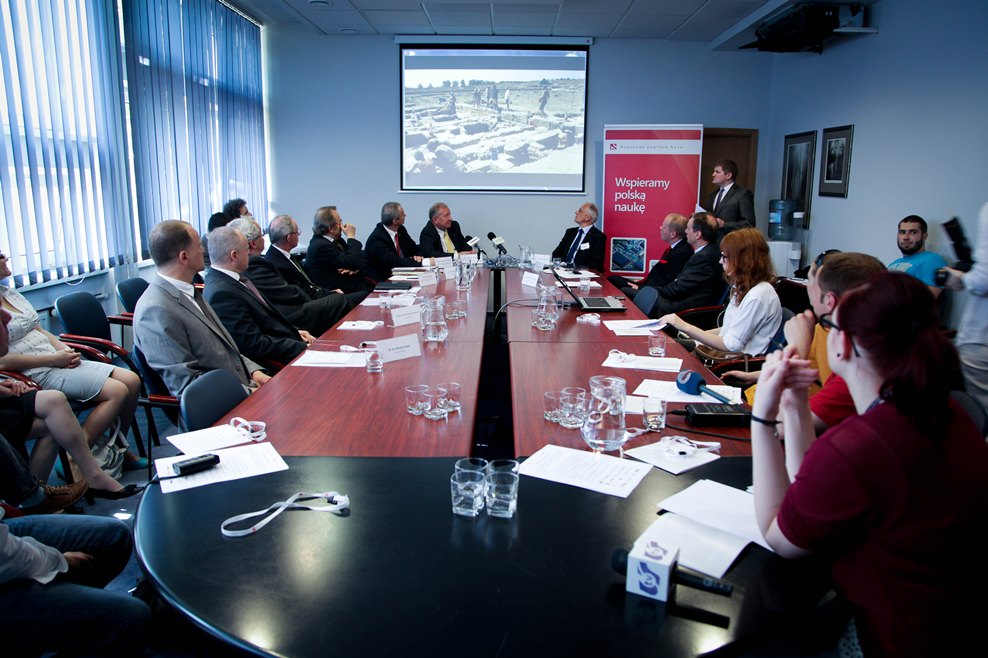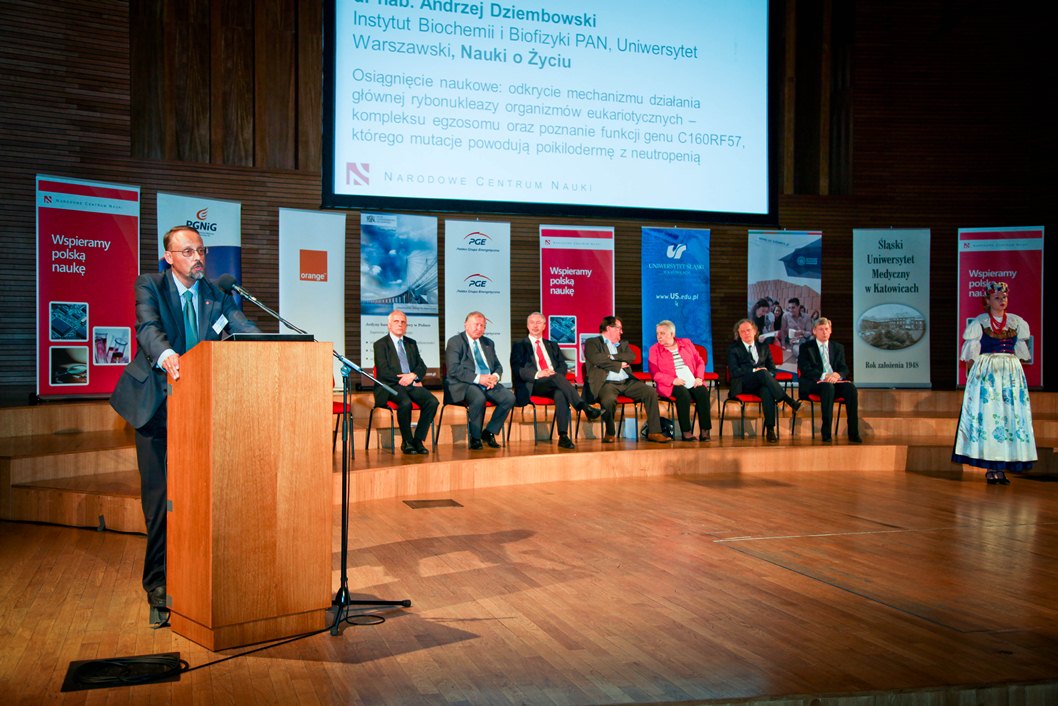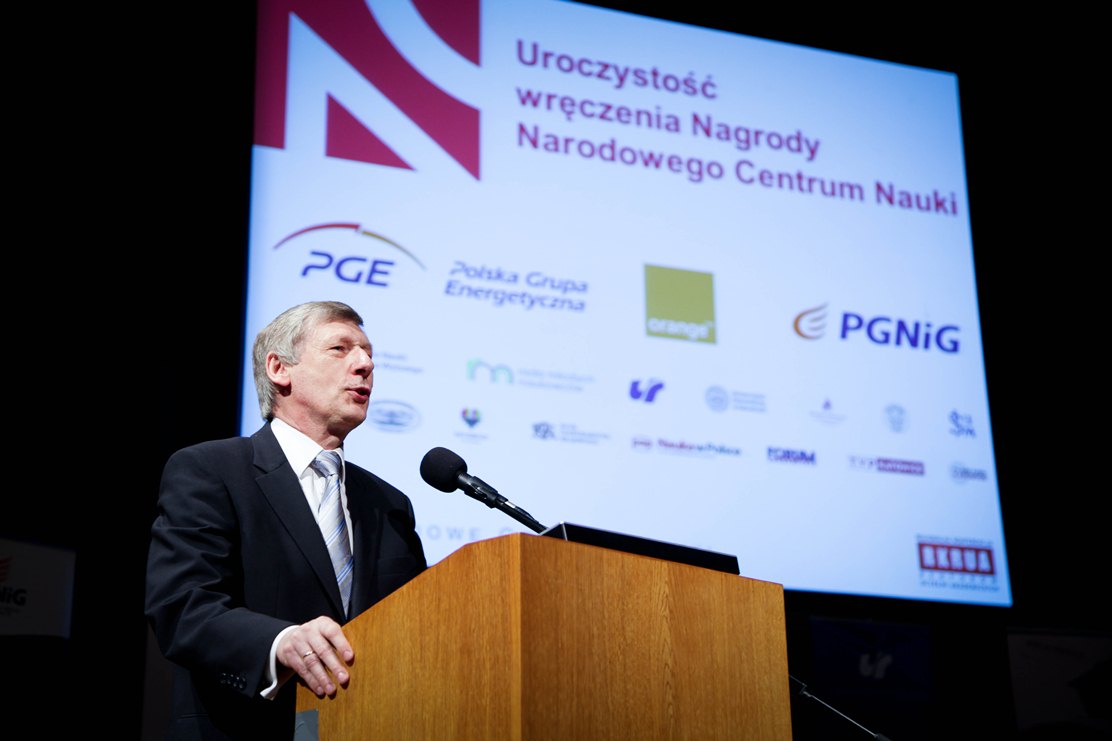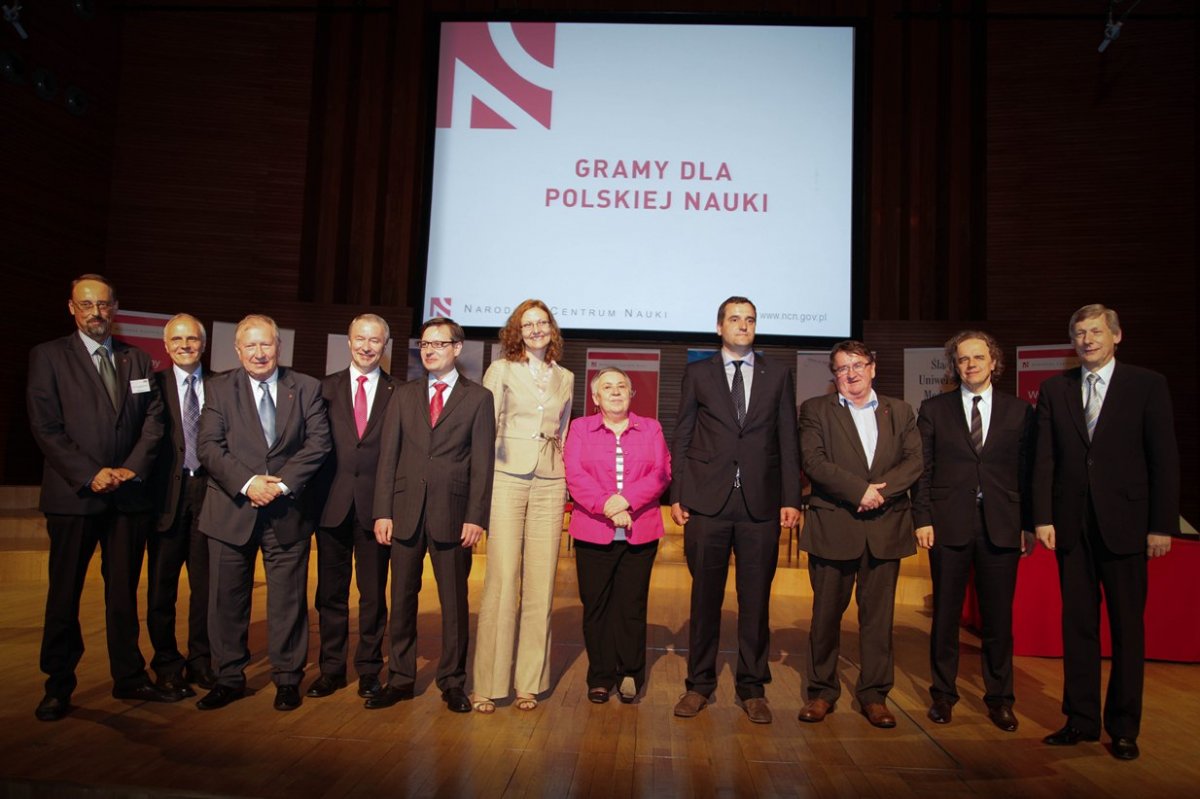The National Science Centre grants in excess of EUR 30 million to researchers
HARMONIA 5, MAESTRO 5 and SONATA BIS 3 are the most recently concluded funding opportunities of the National Science Centre. Research projects awarded funding under the three schemes will receive a total sum of EUR 30,642,731.
In response to calls for proposals, as many as 803 submissions were sent to panels under the general study groups of Arts, Humanities and Social Sciences, Physical Sciences and Engineering, and Life Sciences. 115 have now been approved for funding.
HARMONIA, a funding opportunity for international projects, is a chance for scientists, to collaborate with foreign partners. Under this scheme, successful applicants obtain resources for research projects carried out under international programmes or as international initiatives, as well as for projects that use large-scale international research infrastructure. 54 projects worth ca. EUR 10 million were recommended for funding.
SONATA BIS is a funding opportunity addressed to researchers with a doctoral degree obtained within 2-12 years prior to submitting the proposal. They must create a new research team in which they assume the role of Principal Investigator. The 52 projects selected for funding will receive an aggregate sum of ca. EUR 14.5 million.
The MAESTRO funding scheme has been designed for advanced researchers working on pioneering and interdisciplinary research. Projects financed from the MAESTRO pool must be ground-breaking in nature and surpass the current state of knowledge.
Within the MAESTRO funding opportunity in the Life Sciences study group a record breaking funding was granted to research led by professor Artur Jarmołowski. For the sum of ca. € 710,000, he will carry out a project titled Crosstalk between MicroRNA Biogenesis Complex, Splicing and Polyadenylation Machineries in Plants. In the Physical Sciences and Engineering study group, 8 projects were qualified for funding, totalling almost EUR 5 million. In Physical Sciences and Engineering an equally high grant was awarded to a team of researchers led by professor Ewa Łokas from the Nicolas Copernicus Astronomical Center, Polish Academy of Sciences. Under the MAESTRO funding scheme, they will investigate the dynamics and morphology of interacting galaxies.
In the Humanities, the recipient of the largest grant, awarded within the SONATA BIS funding scheme, was the research team of doctor Anna Zalewska from the Institute of Archaeology and Ethnology, Polish Academy of Sciences, titled Archaeological Revival of the Memory of the Great War. Material Remains of Life and Death in the Trenches of the Eastern Front and the Ever-changing Battlescape of the Rawka and Bzura Region (1914-2014). The research will be financed with ca. € 350,000.
“I like to think that behind the ever-increasing interest in the NCN calls, is the trust researchers have for our peer review method of proposal evaluation. The paramount criterion here is always the quality of the planned research. Therefore, if the criteria of pioneering and groundbreaking work are not met by any of the proposals submitted under the MAESTRO scheme, we award none”, said professor Andrzej Jajszczyk, director of the NCN.
In a breakdown by study group, nearly EUR 4.5 million went to the Humanities and related study areas, over EUR 8.5 million to Life Sciences and ca. EUR 17.5 million to Physical Sciences and Engineering.
The full list of laureates can be found here (available only in Polish)







